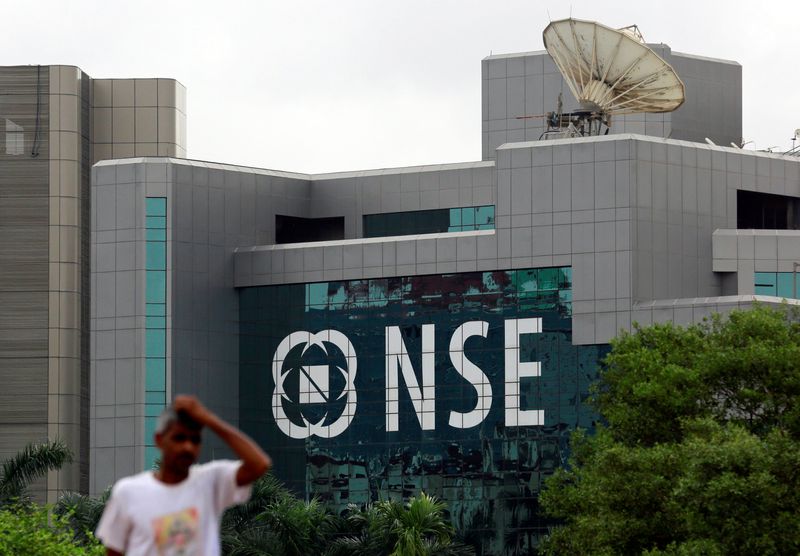MUMBAI (Reuters) - The sharp jump in derivative trading by Indian retail investors is likely driven by a "gambling instinct", a finance ministry report said on Monday, cautioning that any sharp correction in the stock market could drive away young investors.
"Derivatives trading holds the potential for outsized gains. Thus, it caters to humans' gambling instincts," said the annual Economic Survey, tabled in parliament by Finance Minister Nirmala Sitharaman ahead of the federal budget on Tuesday.
"These considerations are likely driving active retail participation in derivatives trading."
Since their COVID-19 lows in March 2020, the benchmark equity indexes have surged more than 200%, largely due to an influx of retail traders in the derivatives market.
Their share of derivatives trading volumes has rocketed to 41% this year from 2% in 2018, sending India's monthly notional value of derivatives traded to a worldwide high of 9,504 trillion rupees ($113.60 trillion) in May, data shows.
However, globally, derivatives traders lose money for the most part and retail investors could face losses "that are more considerable" in case of a significant market correction, the report said.
"Investors' behavioural response would be to feel 'cheated' by unseen, more considerable forces. They may not return to capital markets for a long time."
Analysts have said the government may consider raising the transaction tax on derivatives to cool the frenzy and also consider tweaks to long-term tax rules for equity investments.
The Economic Survey does not always provide signals for likely budget announcements.
It also cautioned against the rise in the market capitalisation of listed Indian companies.
The market capitalisation of companies listed on the NSE, India's largest exchange, was at $5.29 trillion as of July 22, compared to $3.59 trillion a year ago.

In March itself, the market capitalisation-to-GDP ratio had risen to 124% -- higher than other emerging market economies like China and Brazil -- from 77% five years ago, the survey said.
"It is essential to strike a note of caution. If equity market claims on the real economy are excessively high, it is a harbinger of market instability rather than market resilience."
